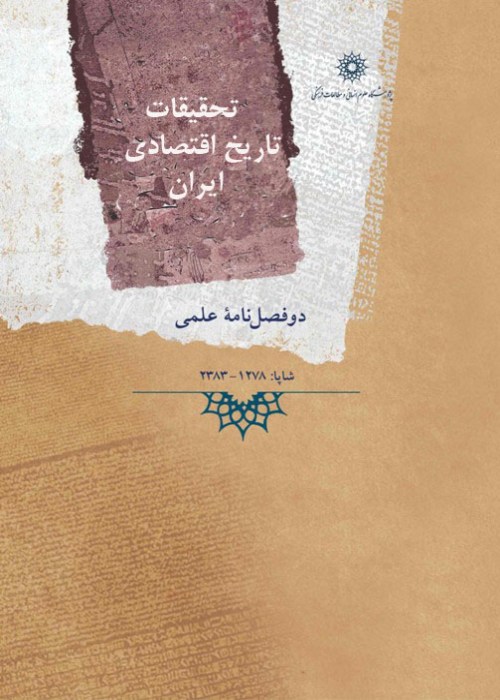An Explanation of the Phenomenon of Trust in the Prophet (PBUH) in the Social Network of Muslims in Medina through the Presentation of a Paradigmatic Model Based on the Methodical Approach of the Grounded Theory
In Medina the Prophet (PBUH) was faced with several faults and problems with the social order arising from the structure of relationships based on the values and norms of the Age of Ignorance, social capitals in those relationships, and non-conformity of some members of the social network with reformation of the structure of the relationships. On the other hand, Koranic evidence and transmitted-historical sources testify to the ubiquitous presence of the category of trust in, and agreement with the Prophet (PBUH) among another group of Muslims. This article aims to identify and explain the basis and conditions for the formation of the phenomenon of trust in the Prophet (PBUH) as well as actions/reactions by him, the trusting and trust-avoiding groups, and their behavioral outcomes in Muslims’ social network. Due to the lack of a hypothesis, this study simultaneously collected data in a purposeful manner and determined the sample size based on theoretical saturation, using the paradigmatic model of the methodical approach of the grounded theory through constant comparative analysis. According to the research findings, the basis for the trust in the Prophet (PBUH) was emotional and cognitive and the reflection of the trust is observed in the camaraderie and agreement among, and moldability of the trusting group under the influence of the Prophet (PBUH). The formation of the trust was accounted for by the Prophet’s qualitative, extensive and constant communication and interaction with such action components as the human touch, honoring people, affection, forbearance, emotional stability, righteousness, decidedness, acumen, and responsibility against the background of a social order based on humiliation, discrimination, neurosis, and revenge in the Age of Ignorance. By nullifying the measures taken by the trust-avoiding group, the strategies adopted by The Holy Prophet and the trusting group improved and facilitated interactions in Muslims’ social network.
- حق عضویت دریافتی صرف حمایت از نشریات عضو و نگهداری، تکمیل و توسعه مگیران میشود.
- پرداخت حق اشتراک و دانلود مقالات اجازه بازنشر آن در سایر رسانههای چاپی و دیجیتال را به کاربر نمیدهد.



